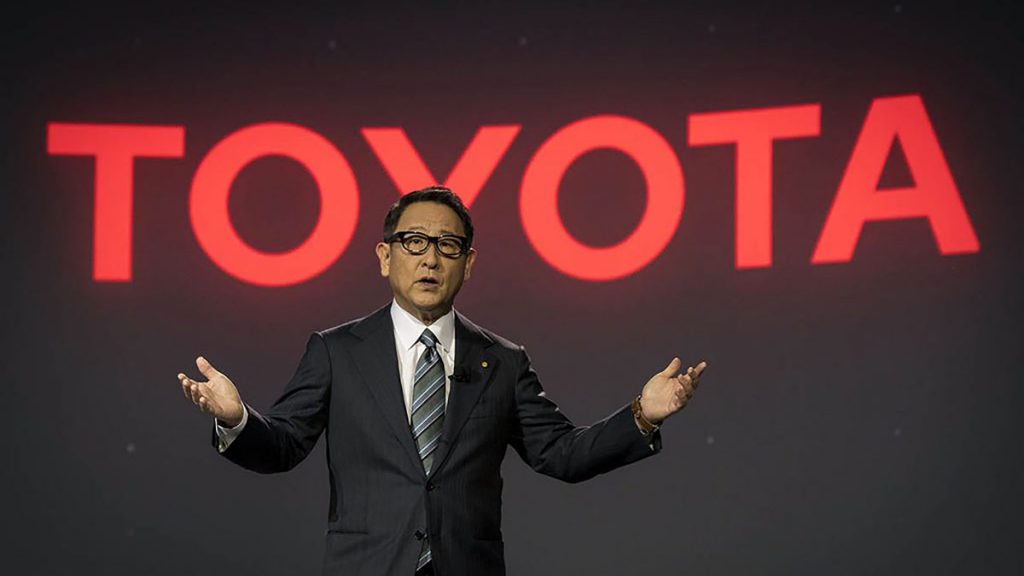Key Takeaway
It’s the Amazon effect. The PayPal push. Today, tech companies like Uber, AirBnB and more are disrupting industries across every sector. The latest? Automobile companies are competing to crack the autonomous vehicle code, develop smarter technologies and enhance predictive capabilities. A look at open job listings, R&D investments, patent filings and press releases make today’s car manufacturers more closely resemble software companies than the industrial giants they once were.
Today, big banks no longer look like banks – from Goldman Sachs to JPMorgan they’rebilling themselves as technology groups. As well, today’s most prolific hotel company owns no hotels, and the biggest taxi company owns not a single vehicle. Tech advancements and the sharing economy have had a massive impact on nearly every sector.
Want to see how tech is infiltrating the service industry? Check business expense reports. Where taxis, airlines and retail stores might have dominated in the past, today the leading brands cited are tech companies like Uber, Amazon and Lyft, according to data from online travel and expense software company Certify.
It was clear when Uber entered the scene that the ride-hailing, public transport and corporate travel industries were about to be completely disrupted. From New York City to London, taxi drivers fought Uber’s entrance into the city, knowing what it would mean for business. Today, Uber’s upcoming IPO has it valued at an estimated $120B. That’s more than General Motors, Ford and Fiat Chrysler combined.

What may not have been foreseen, however, is the impact Uber would have on industries outside of its direct competition, including auto manufacturers themselves. Car companies are no longer competing on development of new models alone. Today, the race to crack the autonomous vehicle market and the pressure to develop newer, better software is exploding.
Competition with Tesla is also getting intense – as despite Elon Musk’s legal battles and Twitter habits, the company has shown profitable earnings this quarter, causing shares to rise 10% following its earnings report. As a result, auto manufacturers across the board are quickly stepping up to compete in the electric space.
Companies from Toyota to GM to BMW are quickly evolving into entirely different firms, focusing more on software development, services and ride sharing than on traditional manufacturing.
It’s a matter of surviving or dying
Investing in resources: car companies bring data scientists, AI engineers onboard
Open job data is a fantastic indicator of where these companies are investing in resources and investing in innovation.
Indeed recently released a report that looked at hiring trends related to the development of self-driving vehicles. Overall, searches for job listings related to “autonomous car,” “autonomous vehicle,” “self-driving car” and “self-driving vehicle” have increased 668% since 2015. Companies hiring the most for these positions include Aptiv, Nvidia, GM and Ford.
Aptiv was once part of Delphi Automotive, a former mega-supplier for GM. They now operate out of Detroit and are looking to add 5k-6k employees globally, as they push toward deployment of autonomous and connected vehicles. Top requested skillsets include C/C++, Python and image processing, in addition to AI and Machine Learning.

Across the board, investment in talent at these companies is beginning to closely resemble that of a software company rather than a manufacturer.
Here are some of the recent openings at Volvo:

Compared to their competitors (looking specifically at Europe), Volvo’s team has a much stronger focus on engineering hires.

Innovate or die
Executives in the auto industry are looking hard at the fall of hardware companies and commodity suppliers of the past to ensure they don’t repeat the same mistakes. As well, a constant eye toward changes in their industry and the wider space will be essential if they hope to stay ahead of the curve.
“We are transforming our hardware-based company into a business that piece by piece will press further into the service economy,” said Jürgen Stackmann, a Volkswagen AG board member in charge of sales, in The Wall Street Journal.
Most importantly, they will need to adjust mindsets internally, in an industry previously ill-equipped to react quickly to major changes in technology.
However, the auto industry is far from the only one moving in a new, software and services oriented direction. Beauty brand L’Oreal’s chief marketing officer in Western Europe, Stéphane Bérubé, told the Festival of Marketing, “I believe that the company that just sells products will not be successful,” citing their investment in new tech via acquisition of AR beauty brand Modiface.
Bérubé explained: “I was in Paris and we had had a good year of growth and the share was very high. We were expecting a big thank you and congratulations from our CEO, which he did, but he also said ‘everything you do is wrong and we need to change everything’.
“I went away and realised he was right. We needed to change before it was already too late. That included how we went to market, the media mix, everything.”
What’s next? We’ll be watching this space.

